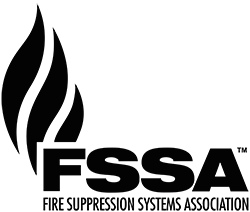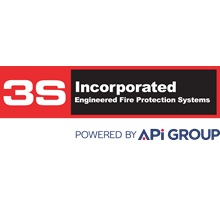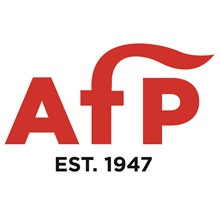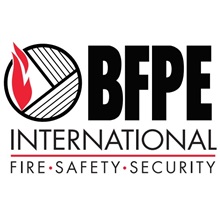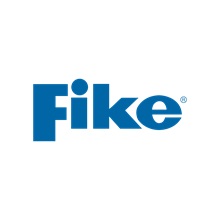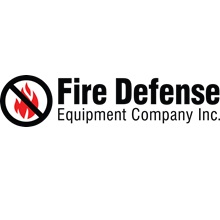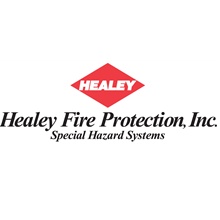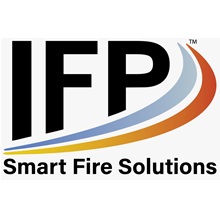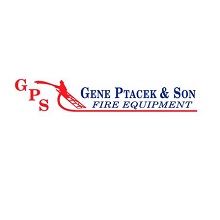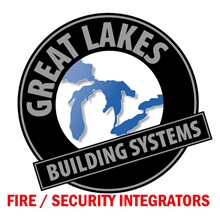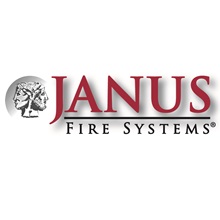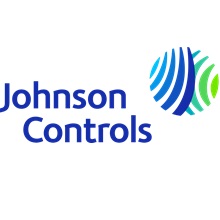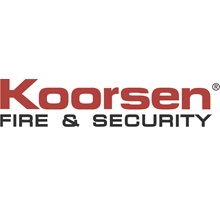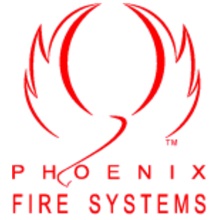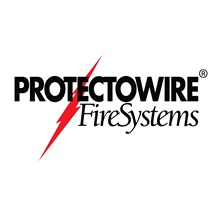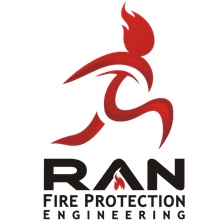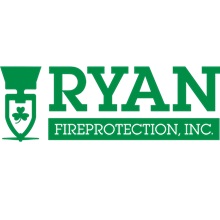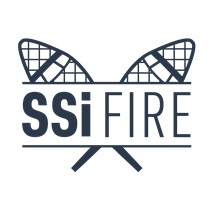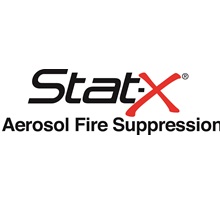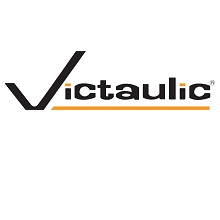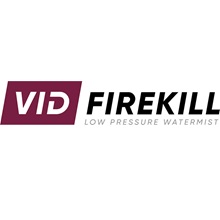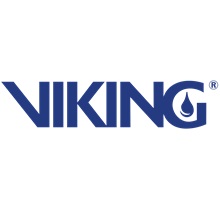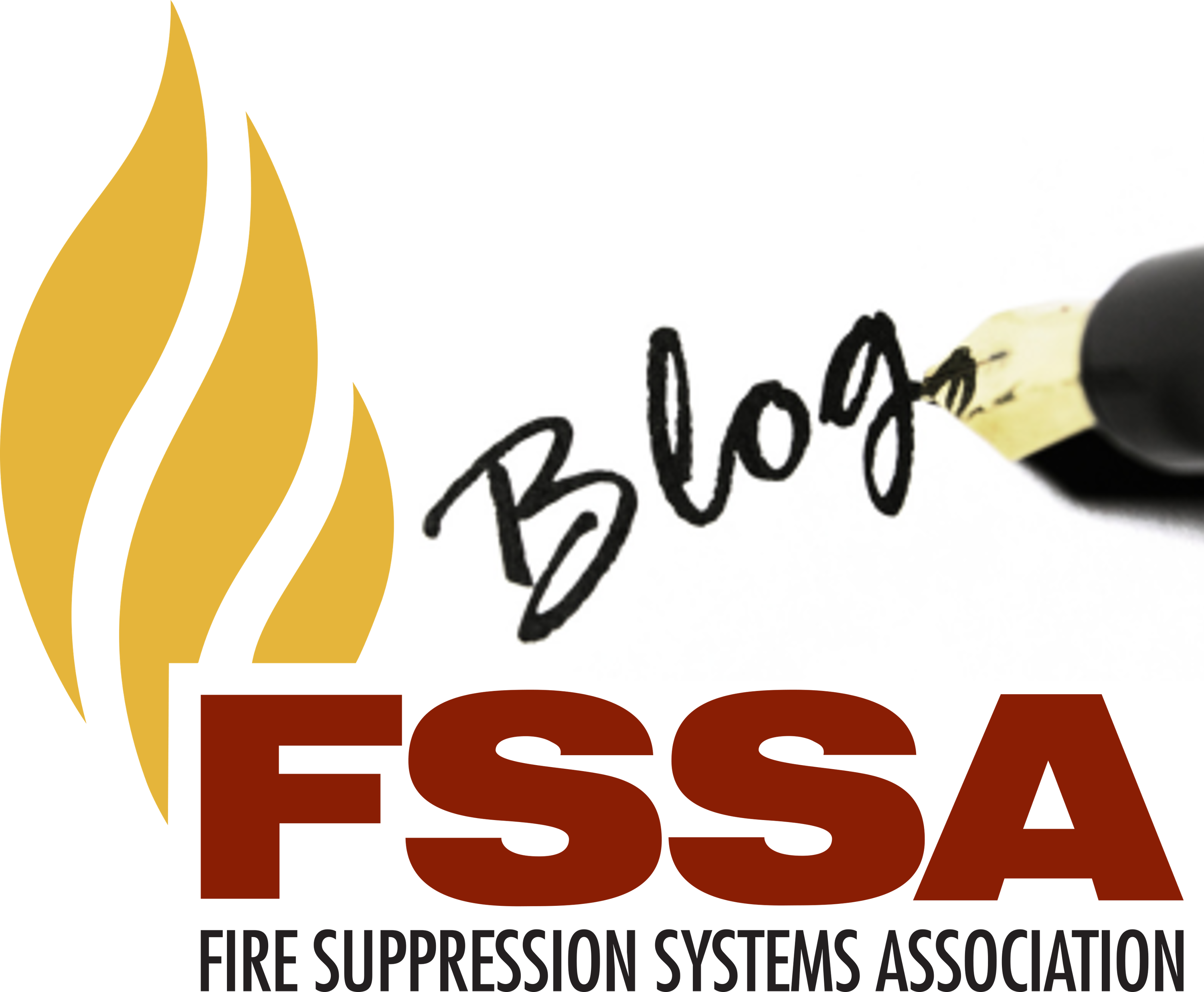- FSSA
- About
- Membership
- Events
- Training
- Resources
- Member Home
Past WebinarsThe FSSA webinar subcommittee is devoted to providing members with information that impacts their operations and also to updating the industry about the association and the benefits that membership provides. FSSA webinars are open to members and non-members. FSSA members who attend the live webinar can request a certificate of completion to put forth towards continuing professional development points. Do you have a topic of interest you’d like to present on? Or would YOU like to present? Submit your topic today.
On November 30, 2023, FSSA hosted a webinar on Smart Buildings, presented by Maria Marks, Siemens Industry. This presentationlooked at the advantages and challenges of emerging technology on life safety systems. From Digitalization, Artificial Intelligence to Cybersecurity, technology can be used to ensure the facility is code complaint and meets the needs of the facility and occupants.
On October 5, 2023, FSSA hosted a webinar on Going Fluorine Free – Converting a Legacy AFFF System to Fluorine-Free Foam, presented by Jeremy Souza, PE, CFPS, Code Red Consultants. AFFF foam systems have been the standard for ignitable liquid firefighting for the past 40+ years. While an excellent extinguishing agent, the fluorinated compounds in AFFF have come under scrutiny in the past several years, with restrictions or outright bans on its use in many states. Fluorine-free foams have entered the market as replacements for AFFF, but no drop-in replacements exist. This case study looks at one of the first fluorine-free foam systems in New England to replace an existing legacy AFFF system. Differences in how fluorine-free foams work versus AFFF, which directly impacted the basis of design, along with the site-specific challenges that were overcome, will be discussed; along with the challenges that other fluorine-free replacement projects will face and tips to mitigate them.
But, like good and bad cholesterol, there are good and bad PFAS. Unfortunately, ‘good’ PFAS, comprising the vast majority of the estimated 7,500 to 15,000 materials meeting the PFAS definition depending on the reference, are conflated with the minimal number of ‘bad’ PFAS. Thus, people mistakenly label the good the same as the bad. Most notably in the fire suppression industry, ‘bad’ PFAS are the PFOS and PFOA contained in aqueous film forming foam, or AFFF, heretofore in general use. This presentation gave a technical discussion of how to identify differences of the ‘good’ and the ‘bad’ PFAS used in fire protection, how to characterize them in their end use, and the current and proposed regulation. A PDF version of the webinar is available to FSSA members to download.
On April 25, 2023, FSSA hosted a webinar on NFPA 855: Standard for the Installation of Stationary Energy Storage Systems, presented by Brian Scholl, Deputy Fire Marshall, Phoenix Fire Department. As a Deputy Fire Marshal that has seen the impact of ESS fires and incidents as well as a member of the NFPA 855 committee, Brian shared his perspective on how the code was developed, highlighted lessons learned from serious ESS incidents, and how the code should be interpreted and applied. A PDF version of the webinar is available to FSSA members to download.
To view the webinar on your computer, CLICK HERE.
To view the webinar on your computer, CLICK HERE.
On May 20, 2020, FSSA hosted a webinar, NFPA 770 Hybrid Fire Extinguishing Water and Inert Gas Fire Extinguishing Systems, presented by Bob Ballard, Fire Suppression Technology Manager at Victaulic. This webinar was designed to give an overview of the newly developed NFPA 770 standard. Discussed was the development of the standard and the committee members involved in the process. Our presenter broke down the chapters explaining how it is structured, making note of the important definitions, components, applications/fire test protocols, design, installation and inspection, testing, maintenance. Applications were reviewed where this standard would typically be applied. Lastly, the webinar covered performance based testing and how it applies to the NFPA 770 standard. This was a great introduction of this new standard which will be beneficial to installers, manufacturers, engineers, and AHJ’s. To view the webinar on your computer, CLICK HERE.
On March 19, 2020, FSSA hosted a webinar, Protection of Energy Storage Systems, presented by Paul Hayes, General Manager at American Fire Technologies. The presentation laid out a phased approach which current understanding suggests may be the most effective in managing large scale battery failures and fires. Given the current environment of lacking data and codes still in development, this presentation pulled from all testing conducted to date as well as experiences from the design and implementation of tiered fire detection and suppression systems. The presentation focused on how technologies available now may stack in complimentary fashion to cover all aspects of a lithium ion battery failure from single cell failure onset through to propagation, the incipient fire stage, and full system involvement with specific emphasis on detection of failure, determination of fire stage and threat, and thermal management for suppression. To view the webinar on your computer, CLICK HERE. A PDF version of the webinar is available to FSSA members, here.
On November 21, 2019, FSSA hosted a webinar, Advanced Detection Using Video Analytics and Integration with Other Technologies, presented by Rick Jeffress, Director of Business Development at Fike Corporation. This presentation provided an overview of video analytics detection technology, how to apply in various hazards as well as considerations to avoid false alarms and allow earliest detection with available settings. Integration of video analytics with IP cameras available with flame and thermal radiometry systems offers multiple methods of detection, allowing earlier detection, possibly prior to fire or explosion. This presentation included examples of video analytics applications, guidance for layout and design as well as integration scenarios with other detection technologies. To view the webinar on your computer, CLICK HERE.
To view the webinar on your computer, CLICK HERE.
To view the webinar on your computer, CLICK HERE.
To view the webinar on your computer, CLICK HERE. To view the webinar on your computer, CLICK HERE To view the webinar on your computer, CLICK HERE. To view the webinar on your computer, CLICK HERE. To view the webinar on your computer, CLICK HERE. Please note: this webinar is a very large file and you will need to download the webinar directly to your computer in order to view the full presentation.
On November 9, 2017, the FSSA hosted a webinar titled CO2 Applications and Safety Considerations presented by Tom Wysocki, FSSA Technical Committee Director. This webinar provided an overview of the use of carbon dioxide fire extinguishing systems in various industrial/commercial applications such as metalworking, coal handling, power generation, food processing, etc. The historical safety and effectiveness of carbon dioxide systems were examined together with modern-day safety features required for carbon dioxide fire extinguishing systems.
On July 11, 2017 the FSSA hosted a webinar on Detection and Control for Special Hazard Applications which was presented by Jeffrey Kidd, The Hiller Companies, and Dan Corbett, Honeywell Fire Systems Group. This webinar covered detection principles and technologies used in current special hazard suppression applications, the types of control systems they connect to, and agents used for special hazard fire suppression. To view the webinar on your computer, CLICK HERE.
On January 11, 2017, the FSSA hosted a webinar titled Clean Agents 101 which was presented by Todd Stevens of Cannistraro and Michelle Thompson of BFPE International. In this presentation, they went over the basic clean agent systems. They explored NFPA 2001 to understand chemical agents, inert gases, how they work, the basic design criteria and why it is important to understand the differences when making the proper selection for your specific application. They reviewed the requirements when making the decision on proper fire alarm systems and which are appropriate for a certain space. This presentation is beneficial for those that are facing the challenge of providing proper suppression in sensitive areas with high dollar equipment, irreplaceable artifacts or where any downtime is a detriment to your business. To view or download the webinar on your computer, CLICK HERE. Please note: this webinar is a very large file and you will need to download the webinar directly to your computer in order to view the full presentation.
On May 12, 2016, the FSSA, Looking Back: The FSSA 2016 Annual Forum, during which former FSSA President Eric Burkland, Healey Fire Protection, Inc., and FSSA Member Luis Gonzalez, 3M Electronics Materials Solutions Division, offered their recap of the 2016 Annual Forum. As attendees described it as “one of the best,” FSSA wanted to highlight this member-only benefit and draw in non-members who may join to participate in this great networking and educational opportunity. Following the webinar, Headquarters received feedback that it was insightful without digging too deep and piqued interests of those who had not attended. To view or download the webinar on your computer, CLICK HERE. Please note: this webinar is a very large file and you will need to download the webinar directly to your computer in order to view the full presentation.
On January 15, 2016, the FSSA hosted a webinar titled "What is the FSSA and the S.H.A.P.E. Program," during which FSSA President Tim Carman, Janus Fire Systems, and FSSA Member Dave Hoffman, Firetrace International, provided their insights on the role that the FSSA plays in the industry; how membership in the FSSA strengthens special hazards fire protection companies and the educational offerings membership provides, such as the S.H.A.P.E. Program, which was developed by members of the association. To view or download the webinar on your computer, CLICK HERE. |
